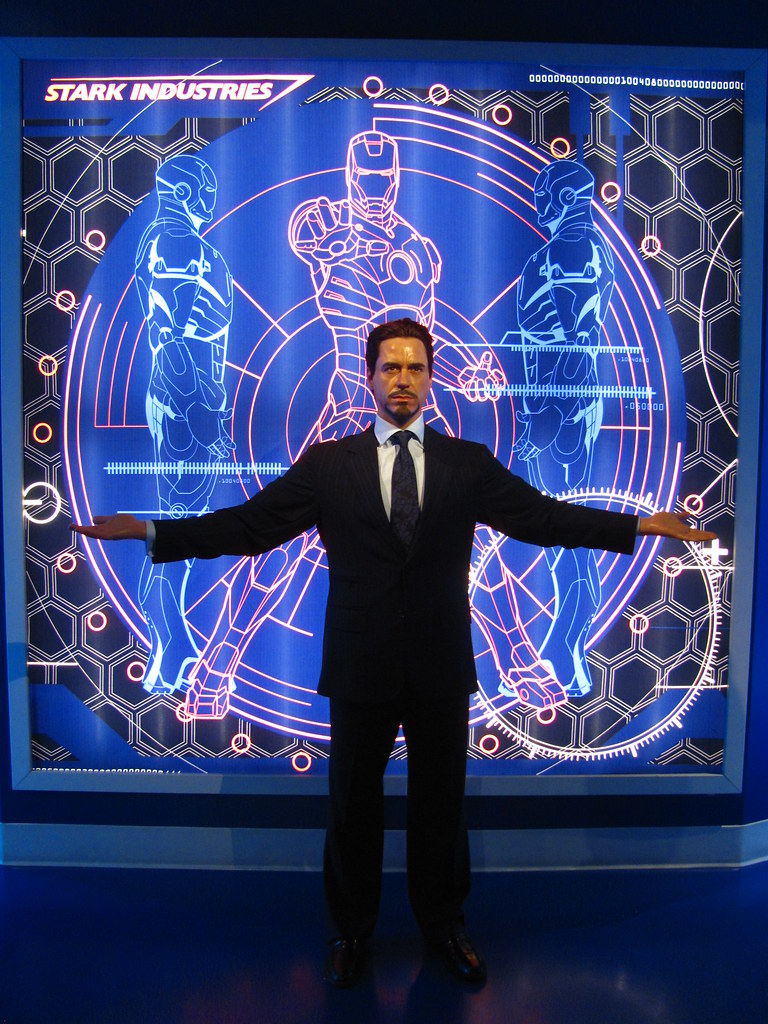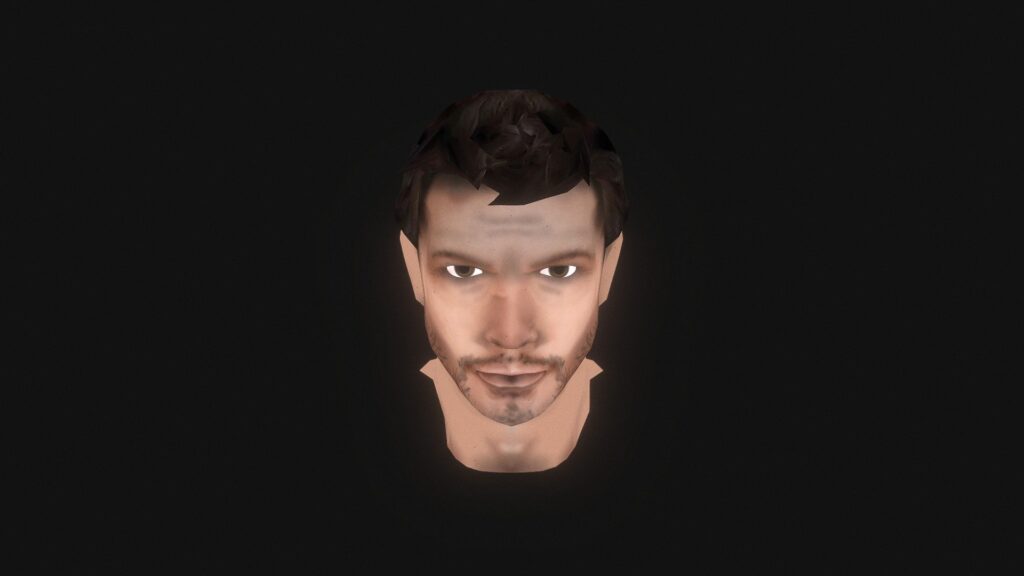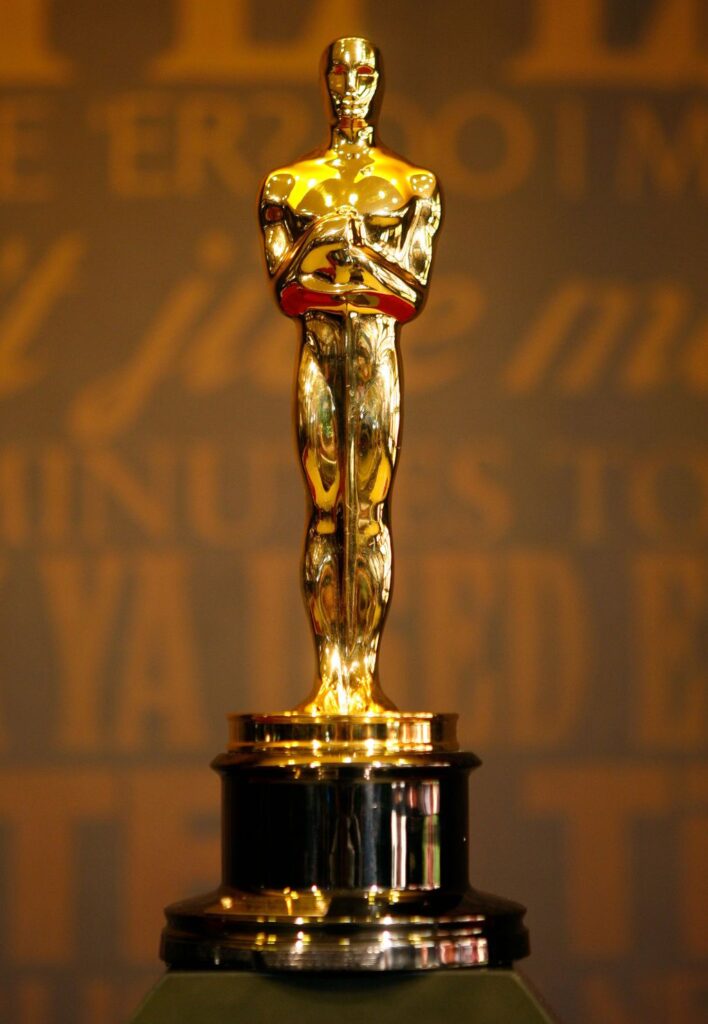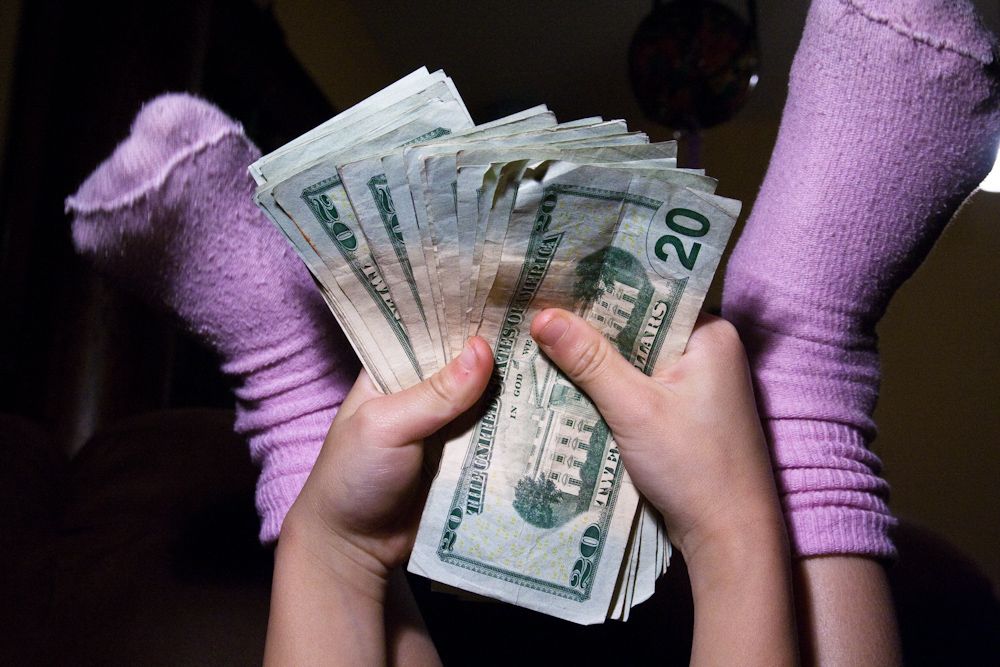
Hollywood. The word alone conjures up images of dazzling red carpets, glittering awards, multi-million dollar deals, and a life of effortless luxury. We scroll through our feeds, captivated by the curated perfection, the aspirational lifestyles, and the seemingly boundless opportunities that fame appears to offer. It’s a world many dream of, a pedestal upon which a select few are placed, admired by millions for their talent, charisma, and undeniable star power.
Yet, behind the dazzling smiles and designer clothes, there’s a growing chorus of voices speaking out about the darker, often brutal realities of life in the spotlight. The saying, “All that glitters isn’t gold,” couldn’t be truer in the entertainment industry. From financial struggles that defy belief to the insidious pressure to maintain a “false self,” celebrities are getting brutally honest about the constant evaluation, the loss of privacy, and the unrealistic expectations that come with being famous. This isn’t just about the occasional bad day; it’s about a deep psychological crisis that affects mental well-being and sense of self.
So, buckle up, because we’re about to pull back the velvet curtain. We’re diving into the candid confessions of stars who have bravely shared what it’s *really* like when the cameras stop rolling and the bills start piling up. Prepare to have your perceptions challenged as we uncover the surprising financial precarity and the relentless grind that many of our beloved idols silently endure, proving that even in Tinseltown, not every story has a fairy-tale ending.

1. Pedro Pascal: The Unseen 15-Year Climb to ‘Overnight’ Success
Pedro Pascal, currently riding high as one of Hollywood’s most beloved and in-demand actors, seems like an overnight sensation to many. From *The Mandalorian* to *The Last of Us*, his face is everywhere, captivating audiences with his charm and talent. It’s easy to assume his journey has been a smooth ascent to stardom, a natural progression for someone so gifted.
However, Pascal himself has shattered this illusion, revealing a grueling, prolonged struggle that preceded his current fame. Speaking to Entertainment Tonight in 2024, he candidly shared, “My entry level lasted about 15 years, and we’re talking about being able to see a doctor, getting sick, getting a surgery, paying my rent.” This revelation paints a stark picture of the relentless grind and the basic necessities that were often out of reach for years, even for a future megastar.
The financial precarity was so severe that Pascal recounted a moment where he had “less than $7 in my account.” It was a residual check from his brief appearance on *Buffy the Vampire Slayer* that “showed up and saved the day, and literally the reason I was able to stay in it and not give up.” This single payment from a long-ago gig became the lifeline that prevented him from abandoning his dreams altogether, highlighting the unpredictable and often meager financial rewards even for working actors.
Pascal’s story is a powerful reminder that the journey to stardom is rarely a straight line. It’s often a testament to sheer perseverance, a refusal to quit in the face of immense financial pressure and professional uncertainty. His honesty challenges the common perception that success in Hollywood is immediate or comes without years of unseen struggle, revealing a resilience that truly defines his path.

2. Nika King: *Euphoria*’s Star, Six Months Behind on Rent
Nika King is a familiar face to millions as Leslie Bennett, Rue’s mother, in HBO’s critically acclaimed series *Euphoria*. The show is a cultural phenomenon, boasting massive viewership and critical accolades, and its stars are often perceived as living lives of abundant wealth and luxury. This perception, however, stands in stark contrast to King’s personal reality.
In a moment of startling honesty, King revealed the severe financial strain she experienced due to the show’s hiatus. She bluntly stated, “‘People are like, ‘We need Season 3!’ and I’m like, ‘Bitch, I need Season 3!’” before dropping an even more shocking truth: “I haven’t paid my rent in six months.” This confession immediately shatters any illusions of guaranteed wealth for all actors on a hit show.
Her playful yet pointed call-out of her co-star, “Zendaya’s over in Paris at Fashion Week, and I’m like, ‘Bitch, come home! I need you!’” while humorous, underscores a very real and often uncomfortable truth. The vast disparities in income and financial stability can exist even within the same cast, especially between lead actors and supporting roles. It highlights the unpredictable nature of episodic television work and the challenges of sustaining oneself during production breaks.
King’s candidness sheds light on the often-overlooked financial vulnerabilities of working actors, even those on hugely successful projects. It’s a powerful reminder that a recognizable face on a popular show doesn’t automatically translate to financial security, and that the glamorous image of Hollywood can often mask serious financial realities for many talented individuals.

3. Djimon Hounsou: Two Oscar Nods, Still Underpaid and Struggling
Djimon Hounsou is an actor of incredible gravitas and talent, recognized for his powerful performances in films like *Amistad* and *Blood Diamond*, both of which earned him Oscar nominations. He has a resume filled with critical acclaim and numerous blockbuster appearances, making him a respected and well-established figure in Hollywood. Yet, even with such an impressive career, Hounsou faces a financial reality that bewilders many.
In a candid interview, Hounsou openly admitted, “I’m still struggling to make a living.” This statement is particularly jarring given his extensive and decorated career spanning over two decades. It challenges the assumption that sustained success and critical recognition automatically translate into a life free from financial worry. His experience underscores a deeper issue within the industry regarding compensation and equity.
To further elaborate on his plight, he added, “I’ve been in the filmmaking business for over two decades with two Oscar nominations and many blockbuster films, and yet, I’m still struggling financially. I’m definitely underpaid.” This direct accusation of being underpaid by a veteran actor with his pedigree is a powerful indictment of industry practices. It suggests that talent and contribution do not always align with financial reward, especially for actors who may not fit traditional leading man molds or face systemic biases.
Hounsou’s story is a sobering reminder that even immense talent and consistent work in high-profile projects don’t guarantee financial comfort. His frankness brings to light the ongoing, often systemic, issues within Hollywood that can leave even critically acclaimed, experienced actors feeling undervalued and financially vulnerable, long after their “struggling artist” days should be over.

4. Taraji P. Henson: The Math Ain’t Mathing for Hollywood’s Powerhouses
Taraji P. Henson is a force of nature in Hollywood, known for her magnetic performances and an impressive career spanning film and television, including her iconic role in *Empire*. She is consistently working, a testament to her talent and demand. From an outside perspective, it would seem she’s reaping the rewards of her tireless efforts, living a life of financial ease.
However, Henson has shed light on the unseen financial demands that come with a successful career. In 2023, she told SiriusXM, “I hear people go, ‘You work a lot.’ I have to.” She then delivered a line that resonates deeply with many, “The math ain’t mathing.” This casual yet profound statement speaks volumes about the discrepancy between a celebrity’s gross income and their actual take-home pay, challenging the public’s assumptions about instant wealth.
Henson went on to explain the significant overhead costs of maintaining a high-profile career: “And when you start working a lot, you know, you have a team. Big bills come with what we do. We don’t do this alone. The fact that we’re up here, it’s a whole entire team behind us. They have to get paid.” This team includes agents, managers, publicists, lawyers, stylists, assistants, and more – all essential for navigating the complex world of Hollywood, and all requiring their share of the earnings.
Her honesty reveals that a substantial portion of a star’s earnings is allocated to supporting this professional apparatus. It means that while the headline figures might look impressive, the net income can be significantly less, compelling even top-tier actors like Henson to maintain a relentless work schedule to cover expenses and ensure financial stability for themselves and their entire team.

5. Rebel Wilson: Losing Money on Her Big American Break, *Bridesmaids*
Rebel Wilson burst onto the American comedy scene with her unforgettable role as Brynn in the 2011 hit movie *Bridesmaids*. It was her first major job in the U.S. and a true breakout performance that catapulted her to international recognition. For most, landing a role in such a successful film would signal the beginning of significant financial gain and career security.
However, Wilson’s experience was anything but financially lucrative at first. On the Diary of a CEO podcast in 2024, she disclosed the astonishing reality: “I mean, it was very lucky to get it…but to be paid that little.” She then detailed the financial paradox, explaining, “Basically, that $3,500 [that I was paid for the film] I then had to pay to the union to join the union. So, I basically made no money. I lost money, because I had to pay to go to the premiere, like to buy my dress and everything.”
This revelation is incredibly specific and illuminates the hidden costs and initial financial hurdles actors face, even after securing a coveted role. The requirement to join a union and the unspoken expectation to present a certain image at promotional events, like buying a premiere dress, can easily erase any upfront payment, leaving actors in the red at the very beginning of their climb. It highlights the investment required to simply *be* in Hollywood, even for a “lucky” break.
Wilson’s story serves as a powerful testament to the sheer dedication and financial sacrifice often demanded by the entertainment industry. It exposes the myth of instant riches, demonstrating that a “big break” can sometimes be more of a financial setback than a windfall, requiring immense personal belief and resilience to continue pursuing the dream despite the initial losses.
The first part of our journey peeled back the layers of Hollywood’s financial realities, revealing that even our most beloved stars grapple with the nitty-gritty of making a living. Now, we’re going deeper, venturing into the intense psychological landscape of fame. The spotlight isn’t just about money; it’s a crucible that tests mental fortitude, sense of self, and the very essence of who you are. This section will uncover the profound anxieties, identity crises, and the relentless battle for authenticity that fame often ignites, showing us that the internal battles can be far more demanding than any red carpet appearance.
Prepare to meet more stars who’ve bravely opened up about the profound psychological toll and the insidious pressures that transform the dream of celebrity into a complex, often isolating reality. From grappling with the feeling of not belonging to facing addiction as a coping mechanism, these stories paint a vivid picture of the human cost when personal identity clashes with public expectation.

6. Brendan Fraser: The Disappearance Born of Pressure
Brendan Fraser, a beloved star known for his charismatic roles in films like *The Mummy*, seemingly vanished from the public eye for a significant period. To many fans, his absence was a perplexing mystery. It was easy to speculate, but the truth, as Fraser candidly revealed, was a deeply personal struggle with the relentless pressures of the industry and a profound sense of not belonging.
In a revealing 2018 interview with GQ, Fraser spoke about the phone “stop[ping] ringing” and the internal questioning that followed. He confessed, “I bought into the pressure that comes with the hopes and aims that come with a professional life that’s being molded and shaped and guided and managed. I just felt I couldn’t be a part of it. I didn’t feel that I belonged.” This poignant admission highlights the insidious way that career management and external expectations can erode an actor’s sense of autonomy and connection to their craft.
His decision to disappear wasn’t a whim; it was a necessary step for his mental well-being. The constant shaping and guiding of his professional life made him feel like an imposter, losing touch with his authentic self. This battle between the persona crafted by the industry and his true identity ultimately led him to step away, seeking solace and rediscovering a sense of self outside the suffocating embrace of Hollywood’s demands. His eventual return, marked by the critically acclaimed *The Whale*, was a testament to his resilience and a reclaiming of his identity on his own terms.

7. Joshua Bassett: When the Joy of Acting Fades
Joshua Bassett, a young star who quickly rose to prominence, found himself at a crossroads early in his career, experiencing a profound disillusionment that many would find surprising for someone on the cusp of fame. Despite achieving success, the inherent joy of his craft began to wane, replaced by a sense of exhaustion and a desire to simply walk away from it all.
Bassett openly shared his struggle, recalling a conversation with his father where he admitted, “‘The joy of [acting] is gone. I don’t enjoy it anymore. It’s not something I want to do.’” This raw honesty uncovers a less discussed aspect of fame: the potential for it to strip away the very passion that drew individuals to the arts in the first place. When a creative pursuit becomes a high-stakes, high-pressure industry, the love for the work itself can easily get lost in the machinery.
His father’s advice to “wait it out a month” proved pivotal, as Bassett landed a significant role shortly after. Yet, his experience serves as a powerful reminder that the emotional and psychological toll can be immense, even for those who appear to be thriving. The pressure to constantly perform, combined with intense public scrutiny, can quickly extinguish the spark, transforming a dream into a burden and pushing young talents to the brink of abandoning their chosen path.

8. Deborah Ann Woll: Identity Intertwined with the Craft
Deborah Ann Woll, widely recognized for her roles in *True Blood* and *Daredevil*, has spoken candidly about a struggle that many actors face when work is scarce: the profound impact on their sense of identity and self-worth. For performers, whose very essence is often tied to their ability to create and embody characters, a lack of acting opportunities can lead to a deep-seated crisis of self.
Woll revealed the unsettling feeling of being lost without her craft, stating, “If I’m not acting, I’m not sure who I am.” This powerful sentiment illustrates just how deeply intertwined a performer’s personal identity can become with their professional life. When the industry dictates periods of unemployment, it’s not just a financial challenge; it’s an existential one, forcing a reevaluation of one’s value beyond the roles they play.
She further elaborated on her predicament, explaining, “And since it’s been so long since I’ve really gotten to do it, I’m struggling a little bit with how to maintain my self-worth, my sense of my own value.” This isn’t merely about career setbacks; it’s about the erosion of internal validation when external opportunities dry up. It sheds light on the immense psychological vulnerability actors face, where their sense of purpose and self-esteem can be heavily dependent on the unpredictable nature of Hollywood’s casting calls.

9. Daniel Radcliffe: The Weight of Being Watched, and the Escape
Daniel Radcliffe grew up literally under the world’s gaze as Harry Potter, a phenomenon that brought him unparalleled global fame but also an intense, almost suffocating level of public scrutiny from a very young age. This constant observation, he revealed, led to profound anxieties and a dangerous coping mechanism, highlighting the dark side of living a life without personal space.
On an episode of *Off Camera with Sam Jones* in 2019, Radcliffe described the pervasive feeling of being watched: “When I was going out to places for the first time where you would feel…again it could have largely been in my head but…you would feel watched when you went into a bar, when you went into a pub.” This relentless external awareness can be deeply unsettling, transforming ordinary social interactions into anxiety-inducing performances.
He then detailed his method of escape, which quickly became problematic: “Then, in my case, the quickest way of forgetting about the fact that you were being watched was to get very drunk and then as you get very drunk, you become aware that, oh people are watching more now because now I’m getting very drunk, so I should probably drink more to ignore that more.” This candid confession lays bare the vicious cycle of addiction fueled by public scrutiny. Alcohol became a false sanctuary from the intense gaze, yet only amplified the very problem he sought to escape, underscoring the severe psychological pressures young stars can face.

10. Chris Evans: Questioning the Path to Superhero Status
Chris Evans, synonymous with Captain America, embodies the quintessential Hollywood hero. Yet, his journey to accepting this iconic role was fraught with apprehension, anxiety, and a deep questioning of his true self. This surprising reluctance from an actor who would become a global superstar reveals the profound internal conflict that can accompany massive fame and career-defining decisions.
In a 2023 interview with GQ, Evans admitted, “I was really apprehensive about taking the role initially.” This wasn’t just about the scale of the commitment; it was about the personal cost. He recounted a significant shift in his late 20s, experiencing “a little more anxiety, a little more uncertainty” on set and while promoting films. This period of heightened self-doubt illustrates the psychological toll of navigating an industry that constantly demands a public persona.
His most revealing insight came from the existential question he posed to himself: “You always end up questioning, Is this what I should be doing? I just wasn’t sure if I was moving closer to myself or further away.” This internal struggle perfectly captures the essence of an identity crisis under the spotlight. The pressure to conform to a heroic image, to be “Captain America” for the world, made him question whether he was losing himself in the process, a powerful testament to the ongoing battle for authenticity that even the most successful celebrities endure.

11. Demi Lovato: The Pressure to Conform, and the Lost Smile
Demi Lovato, a powerful voice in music and a former child star, faced immense pressure to conform to Hollywood’s exacting beauty standards from a very young age. This constant external demand for a particular image deeply affected their sense of self and authenticity, leaving them with regrets about parts of themselves they were encouraged to change.
Lovato recounted a striking example of this pressure during their time with Disney Channel. “I signed with Disney Channel when I got,” they told Allure in 2016. “And I had a gap between my two front teeth. They were like, ‘Would you be willing to fix it?’” This seemingly minor suggestion was a profound message: to be accepted, they needed to alter their natural appearance, even if it meant sacrificing a unique part of their identity.
The lasting impact of this decision is evident in Lovato’s reflection: “I wish today that I hadn’t, because my gap was really cute.” This poignant regret speaks volumes about the psychological cost of conforming to industry ideals. It’s a powerful reminder that even beloved stars are subjected to intense scrutiny over their physical appearance, and the pressure to achieve a “perfect” image can lead to a loss of self-acceptance and a yearning for the authentic features they once possessed.
**An Ending Paragraph of the Article**
As we pull back the final curtain, it’s clearer than ever that the shimmering facade of fame often conceals a profound human struggle. From the silent battles against financial insecurity to the gnawing anxieties of constant surveillance and the deeply personal quest for authenticity, the stories of these celebrities are not just cautionary tales; they are powerful affirmations of resilience. They remind us that behind every glossy magazine cover and every triumphant award speech lies a person grappling with universal human experiences, albeit under an extraordinary microscope. In a world obsessed with celebrity, perhaps the greatest lesson we can take from these revelations is to look beyond the manufactured perfection and truly connect with the shared humanity beneath the stardom. Their candidness invites us to foster a culture of empathy, understanding that true strength often lies not in flawless portrayals, but in the courage to reveal our beautifully imperfect selves, even when the whole world is watching.



